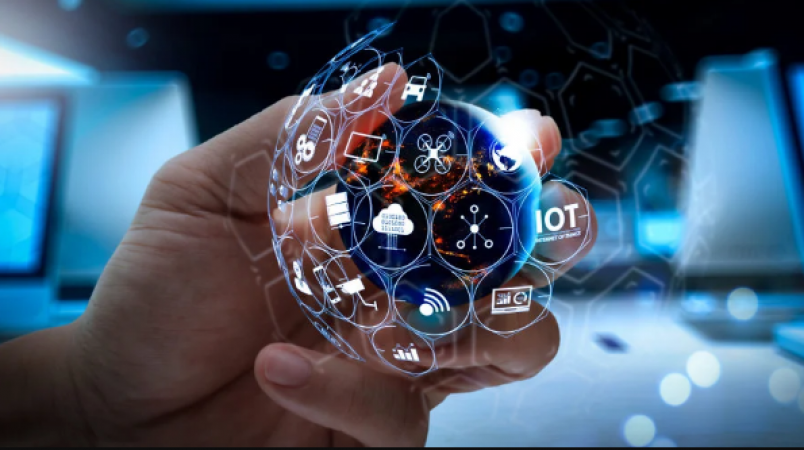
USA: The year 2022 not only saw the release of the iPhone 14 and the rise of artificial intelligence in social media, but it also saw the demise of some classics and not-so-classics.
While some of these technological platforms and devices had relatively brief lifespans, others lasted for many years.
However, as in the fashion industry, you can be wired one second and exhausted the next.
Also Read: Samsung to launch new refrigerator with larger screen at CES 2023
Here are five technological "deaths" to remember:
1. The iPod by Apple: The original iPod, released in 2001, had a storage capacity of thousands of songs. It was negatively impacted by the introduction of the iPhone just six years later.
The last iPod left on the market, the iPod touch, was announced by Apple to be discontinued in May.
According to Greg Joswiak, senior vice president of worldwide marketing at Apple, "music has always been part of our core. Bringing it to hundreds of millions of users in the way iPod did impact more than just the music industry - it also redefined how music is discovered, listened to, and shared." "The spirit of the iPod lives on today."
2. Internet Explorer: Internet Explorer was formally retired on June 15 after more than 25 years online. Users are urged to switch to Microsoft Edge, as Internet Explorer will gradually be redirected to the new browser, which supports both traditional and cutting-edge websites and apps, according to a Microsoft update.
Also Read: President Murmu highlights on need for digital literacy in India
Microsoft Edge will continue to support Internet Explorer mode at least until 2029. The Verge reports that all consumer versions of Windows 10 will stop supporting Internet Explorer by the end of the year, though the Long-Term Servicing Channel will continue to include the browser.
3. The BlackBerry: On January. In order to focus on "providing intelligent security software and services to enterprises and governments around the world," Blackberry decommissioned the infrastructure and services that were used by its legacy software and phone operating systems.
"Devices running BlackBerry PlayBook OS 2.1 and earlier software, BlackBerry 10 software, and BlackBerry 7.1 OS and earlier software through carrier or Wi-Fi connections will no longer work reliably at the time of termination of services. Additionally, the functionality of the applications BlackBerry Link, BlackBerry Desktop Manager, and BlackBerry Blend will be restricted "According to a press release from the company from December 2021.
The executive chairman and CEO of BlackBerry Limited, John Chen, stated in a blog post on January 4 that "the independence, mobility, security, and privacy that so many of us came to associate with those ground-breaking BlackBerry devices remains alive and strong, as does the spirit of invention and innovation that got us here."
4. Meta's Portal: A smart display device with video calling functionality and an AI-powered "smart camera," Portal was first introduced in 2018.
According to Mashable Southeast Asia, CTO Andrew Bosworth reportedly said to staff members, "It was just going to take so long, and take so much investment to get into the enterprise segment, it felt like the wrong way to invest your time and money."
Also Read: 5G services in Odisha before 2023 Republic Day: Vaishnaw
5. The iPhone Mini: In 2020, the iPhone 12 mini made its debut. Apple decided to replace the product with a new iPhone 14 "Plus" two generations later.
The "big and bigger" smartphones were praised in the advertising.